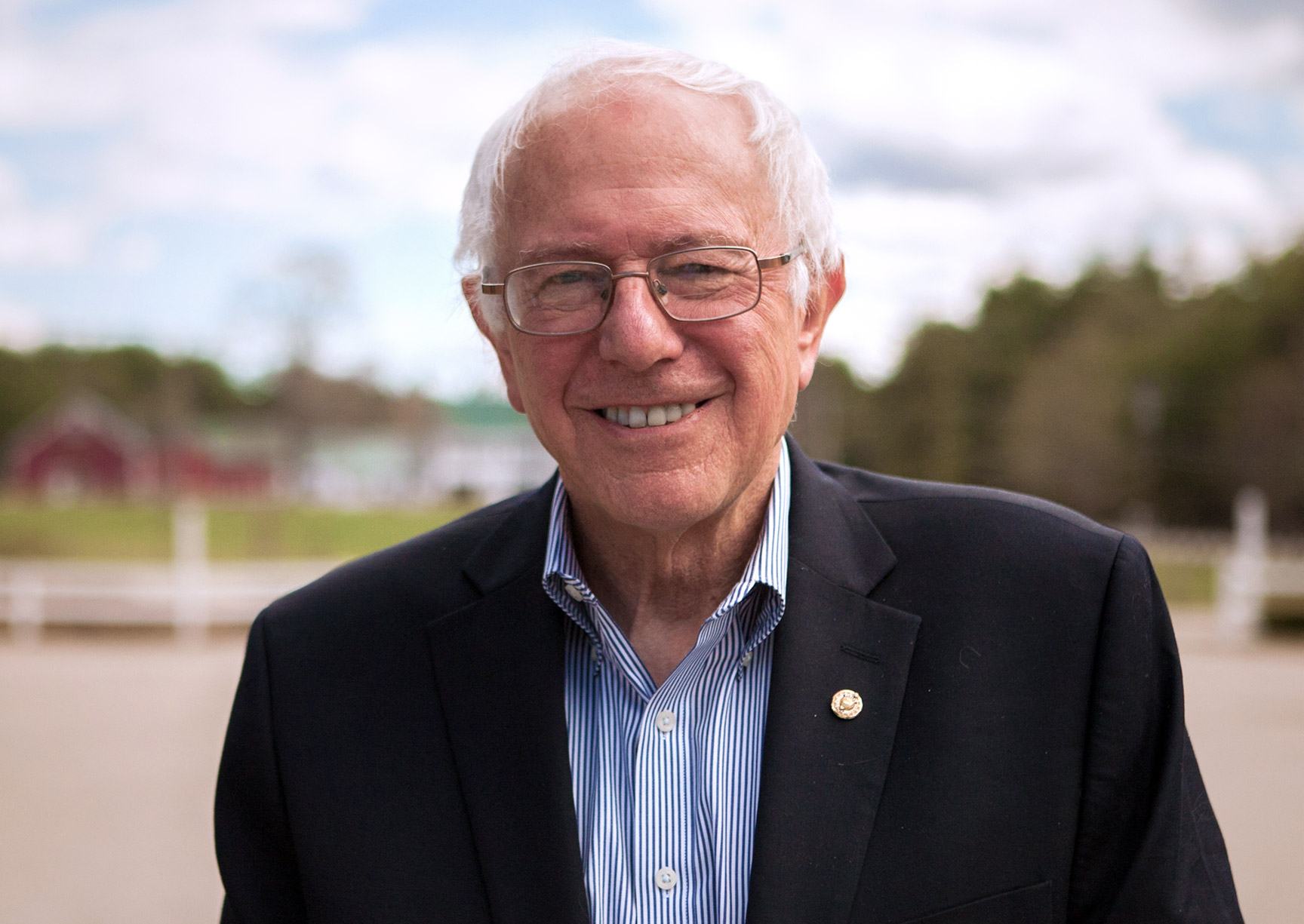Sanders Live-Tweets Republican Debate

In the United States, with every successive political season, social media becomes more intertwined with the centuries-old democratic process. Microblogging websites like Twitter offer politicians the opportunity to fire off hundreds of short, simple posts every day; Twitter has become a virtual platform for politicians that’s always open, a place where someone is always listening. During the latest Republican debate, Democratic presidential hopeful Senator Bernie Sanders found quite an audience on Twitter.
In 2008, then Senator Barack Obama’s campaign used social media to crush Hillary Clinton in the National Democratic Primary and, ultimately, to win the presidency over the Republican nominee for president, Senator John McCain. In 2012, Obama’s social media campaign, once again, outpaced the 2012 Republican nominee Mitt Romney.
But in the 2016 race for the White House, social media is even more significant than ever before, and with many public figures live-tweeting the Republican debates, we see social media actively changing the American politics.
One of the most popular live-tweeters during the second GOP debate was Democratic presidential hopeful Senator Bernie Sanders.
Live-tweeting the debate starting now. #DebateWithBernie pic.twitter.com/iQFf3dj7Hb
— Bernie Sanders (@BernieSanders) September 17, 2015
Topsy reports that on September 16, the day of CNN’s Republican presidential debate, there were 103,874 tweets with the hashtag #debatewithbernie. In quick little one-liners, Sanders criticized the Republicans positions on poverty, income inequality, social justice and more.
Waiting, waiting, waiting. Will we hear anything about racial justice, income inequality or making college affordable? #DebateWithBernie
— Bernie Sanders (@BernieSanders) September 17, 2015
But eventually, like most other people, Bernie got tired and called it a night.
Thank you all. I've had it. I'm going home. Talk to you soon. #DebateWithBernie
— Bernie Sanders (@BernieSanders) September 17, 2015
Sanders wasn’t the only public figure taking advantage of the the Republican debate’s limelight; the Democratic frontrunner Hillary Clinton and Trevor Noah and The Daily Show quipped at the GOP debaters, but perhaps the best tweets came from one of the most insightful voices of our generation: Law and Order: SUV actor Ice-T.
The Black dude said the Mexicans can stay if they do the work no one wants to do… WTF??
— ICE T (@FINALLEVEL) September 17, 2015
Donald Trump just did every emoji face on your phone in 7 seconds. #GOPDebate http://t.co/0Wh82gtSZh
— ICE T (@FINALLEVEL) September 17, 2015
Oh shit! Bush gets high..
— ICE T (@FINALLEVEL) September 17, 2015
Now more than ever, everyone with an internet connection can put out a constant stream of his/her thoughts, and for politics, this situation is much different than ever before. As a genre, microblogging is more accessible to people who would never consider traditional blogging, and in politics, short and sweet politics fit the United States’s sound bite democracy.

